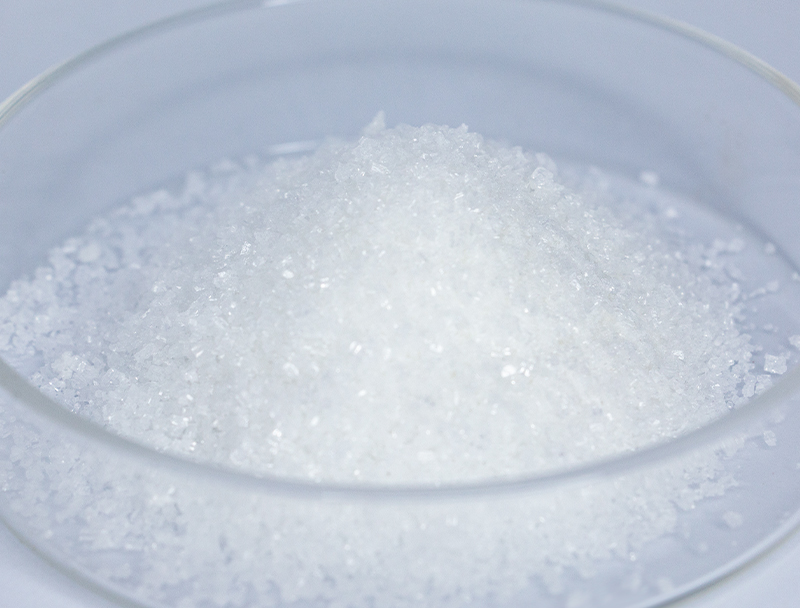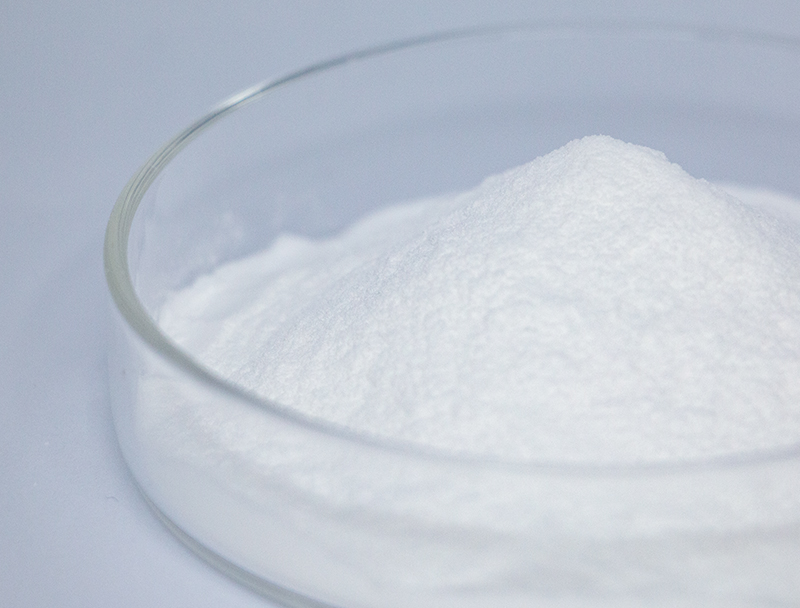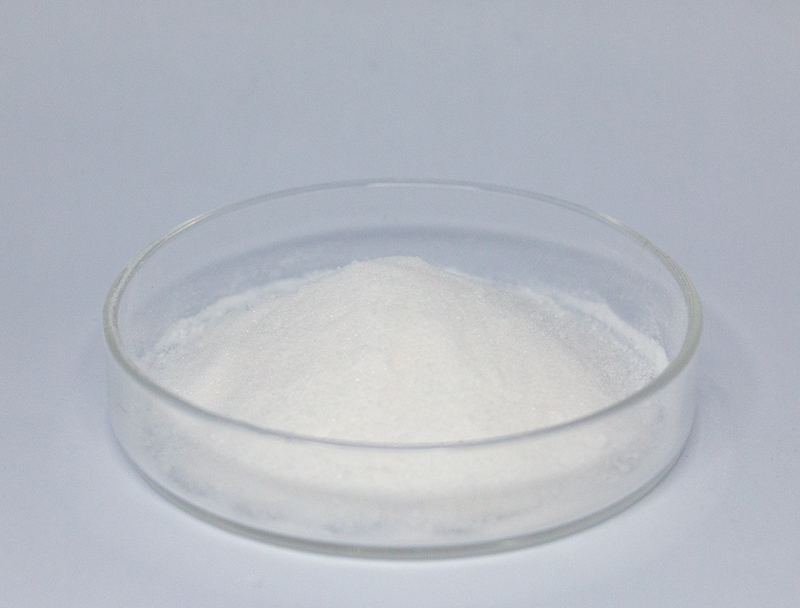
Cell-based production leans heavily upon a wide assortment of base components for generating cutting-edge biobased goods.
Safeguarding responsible procurement of such inputs forms the foundation of durable, responsible industrial growth.
various risks tied to conventional feedstock acquisition for instance pollution and systematic depletion of reserves. Hence, stakeholders must deploy sustainable supply practices to minimize environmental costs.
- Representations of ethical supply approaches are:
- Employing waste-stream inputs from industry leftovers
- Establishing regenerative loops to cut waste and elevate material utilization
- Building relationships with nearby vendors dedicated to moral sourcing
Embracing sustainable procurement produces environmental benefits with profitable potential.
Upgrading Feedstock Traits for Better Biofuel Performance
Optimizing biofuel yields depends strongly on feedstock quality and makeup. Engineers continually develop approaches to improve biomass suitability, delivering enhanced conversion and a more resilient energy mix. Initiatives integrate bioengineering to scale biomass production and pretreatment workflows to free fermentable sugars.
- Furthermore, teams search for alternative biomass sources including algal strains, industrial wastes, and crop leftovers to broaden sustainable feedstock options for fuels.
- As a result of relentless efforts the industry should deliver significant enhancements paving a path to sustainable energy.

Biopharmaceutical Production: Innovations in Upstream Processes
represents the initial stages of biopharmaceutical manufacturing, encompassing all steps from cell culture and cell harvesting Recent progress has advanced techniques that maximize productivity and increase output.
Salient improvements involve specialized expression hosts, fine-tuned media strategies, and next-gen bioreactor concepts. These refinements escalate production and lower expenses and environmental strain.
- Likewise, the move to continuous systems facilitates better adaptability and streamlined upstream production.
- Transitioning to refined production methods has the potential to overhaul the industry and expedite new treatments.

Next-Gen Gene Editing for Enhanced Protein Expression
evolutions in genetic modification techniques have optimized therapeutic biosynthesis. By implementing targeted gene changes, investigators boost production titers of important biologics. The strategy paves the way toward accessible, high-yield therapeutics across disease spectra.
Harnessing Microbial Biotechnology for Sustainable Bioremediation
cutting-edge microbial approaches that remediate contamination sustainably. Microbial communities can biotransform hazardous materials into lower-risk substances. Employing microbial processes facilitates remediation approaches that preserve ecosystem integrity while reducing pollution.. Scientists are actively exploring a wide range of microbial species with diverse metabolic capabilities to target various pollutants, including heavy metals, pesticides, oil spills.. The microbes may be applied within engineered reactors or in situ to catalyze pollutant degradation via biotransformation..
Biotechnology-driven remediation delivers notable upsides compared to conventional cleanup tactics. It is a cost-effective and environmentally friendly approach that minimizes the generation of harmful byproducts. Furthermore, microbial solutions are highly specific, allowing for the remediation of particular pollutants without disrupting the broader ecosystem. The field is rapidly refining methods to make microbial remediation more efficient and broadly effective.
Bioinformatics Tools Transforming Drug R&D
Bioinformatics techniques are integral to present-day therapeutic development workflows. By analyzing biological data to select and improve leads, computational methods support efficient drug development.
- By parsing huge omics and clinical databases, bioinformaticians detect targets and estimate therapeutic responses.
- Also, in silico modeling of molecular interactions accelerates optimization toward more selective therapeutics.
- In conclusion, computational biology reshapes discovery pipelines and speeds delivery of reliable treatments for patients.
Synthetic Biology Routes for Elevated Bioproduct Synthesis
applies assorted techniques to boost microbial synthesis of valuable compounds. Programs use genetic redesign of metabolic networks, dynamic regulation of expression, and addition of heterologous genes to unlock new capabilities. With precise metabolic tuning scientists can greatly enhance yields of desired compounds.
This combined approach has capacity to change industries from drug manufacture to food production and bioenergy.

Upscaling Biopharma: Obstacles and Potential Gains
Scaling up biopharmaceutical production presents both significant challenges and exciting opportunities. Retaining quality standards during scale enlargement is a core difficulty. Addressing it demands strong process governance, accurate real-time analytics, and advanced measurement systems.

Additional complexity arises because biopharma production entails many coordinated stages.. Optimizing these processes for large-scale production can be a complex undertaking, requiring extensive research and technological innovation.. However, the potential rewards are substantial. Successful scaling up can lead to increased access of life-saving therapies, reduced production costs, and enhanced profitability.
Numerous initiatives aim to tackle these scaling challenges. Programs comprise advanced optimization systems, real-time process monitoring tools, and innovative production strategies.
- R&D initiatives significantly drive enhancements in manufacturing capacity.
- Government agencies are streamlining review procedures to permit quicker uptake of new production technologies and foster innovation.
Charting Regulatory Pathways for Biologics to Safeguard Patients
Advancing biopharmaceuticals involves heavy regulatory scrutiny to secure product safety and proven efficacy. Products of biological origin introduce specific challenges that differ from standard drug development.
Bodies like FDA and EMA shape the regulatory landscape and set benchmarks for evaluating innovative therapies..
Thorough testing frameworks are compulsory during all stages of development including after Sialic Acid market release.. The protocols serve to uncover safety concerns and certify that products fulfill rigorous protection standards..
Moreover, oversight agencies continually refine approaches to align with accelerating scientific progress in therapeutics.. Efforts comprise integrating cutting-edge tools and easing development pathways while upholding patient safety.

Plant-Derived Feedstocks as a Route to Sustainable Bioplastics
Growing emphasis on eco-conscious materials catalyzes research into plant-based options. Bioplastics derived from plant biomass provide a viable route to more sustainable plastic alternatives. Plant-based biomass resources such as cornstarch, cellulose, sugarcane can be processed into biodegradable plastics that degrade naturally, minimizing the environmental impact of conventional plastics.
Similarly, selected bioplastics offer analogous properties to traditional plastics suitable for many applications.. Continued research and innovation in this field are crucial to unlocking the full potential of plant-based biomass feedstocks in the manufacture of sustainable bioplastics, paving the way for a circular economy.
Biotechnology's Impact on Global Health and Food Security
Modern biotech tools present opportunities to improve global health and stabilize food production. By harnessing genetic engineering, synthetic biology constructs, and advanced cell therapies, technologists deliver capabilities to reduce disease burden, raise crop outputs, and increase food value. Illustratively, crops altered for pest resistance and stress endurance support increased harvests and diminished pesticide usage.. Concurrently, biotechnology drives development of immunotherapies, antibiotics, and diagnostics that play a key role in controlling diseases and improving health metrics. With persistent development, biotech stands to offer transformative solutions for global health and long-term food security.
 trans-Cinnamic acid
trans-Cinnamic acid